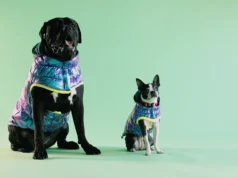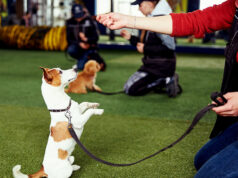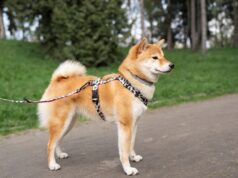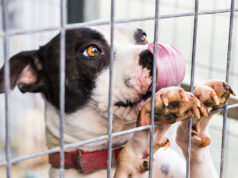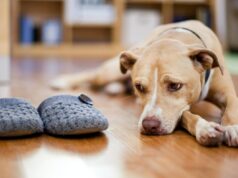
Firework-induced stress is a common issue many pets owners encounter, especially during festive occasions like Independence Day or New Year’s Eve. The explosive sounds and dazzling lights associated with fireworks can trigger anxiety and fear in dogs, leading to various behavioral problems. As a responsible pet owner, it’s crucial to understand how to help your beloved canine cope with firework stress and provide them with the necessary support.
Understanding Firework Stress in Dogs
Firework stress in dogs refers to a specific type of noise phobia that arises when dogs experience intense fear in response to loud noises, such as fireworks. Dogs possess a heightened sense of hearing compared to humans, making the explosions and unpredictable noises of fireworks particularly distressing for them. Firework stress can manifest in various ways, including trembling, panting, pacing, seeking hiding spots, excessive barking, or engaging in destructive behaviors.
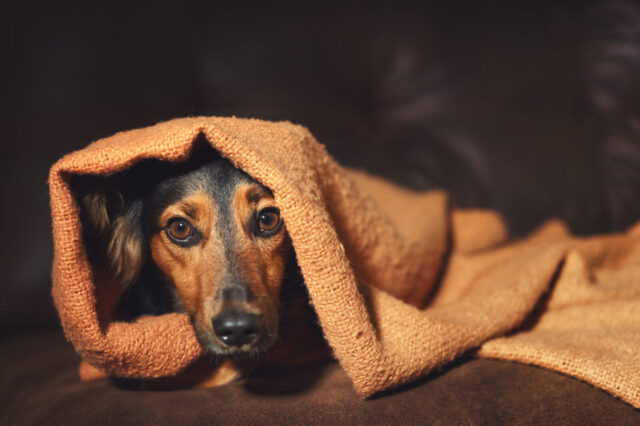
Identifying Signs of Firework Stress in Dogs
To effectively address firework stress in dogs, learn to recognize the signs of distress. Some common indicators include:
- Shaking or trembling
- Panting and drooling
- Excessive barking or howling
- Restlessness or pacing
- Attempts to hide or seek shelter
- Loss of appetite
- Destructive behavior, such as chewing or scratching
- Inappropriate urination or defecation
When a dog with a noise phobia is exposed to events like fireworks or other loud noises, they can have emotions to those experienced during a panic attack in humans. This often leads to disruptive and frantic behaviors. They may attempt to flee through closed windows or doors or seek refuge in unconventional spots. In their state of panic, they might resort to chewing, scratching, and causing damage to furniture, walls, doors, and windows. In severe instances, dogs may even injure themselves while trying to escape from what they perceive as a threat.
Seek Out Treatment for Your Dog
When it comes to managing, modifying behavior, and treating noise problems, the most important aspect is to start early.
Considering a treatment plan for noise phobia reduces the possibility of its escalating into severe behavioral issues. Even mild symptoms of stress, like whining or hiding during an event, require immediate action, including discussing the matter with your veterinarian as soon as possible before the next phobic episode occurs.
If left untreated, noise phobias typically intensify, resulting in highly stressed and potentially destructive dogs or cats. As a responsible pet owner, witnessing your beloved companion suffer is something you want to avoid. By addressing the issue promptly, you give your pet the best chance to cope with these distressing situations.
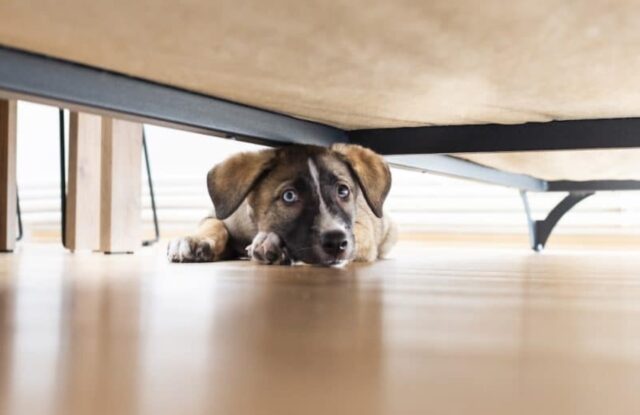
Tips for Minimizing Firework Stress
There are several steps you can take to minimize firework stress in your dog and create a more comfortable environment for them during firework displays:
• Creating a Safe Haven
Prepare a secure space where your dog can retreat when they feel scared. It can be a quiet room or a crate with a cozy blanket to create a den-like atmosphere. Close windows and draw curtains to minimize noise and block out the flashing lights from fireworks. Ensure doors are securely closed to prevent your dog from escaping if they become panicked.
• Providing Comfort and Distractions
Stay with your dog during fireworks to offer reassurance and security. Create a calming environment by using white noise or playing soothing music to mask the sound of fireworks. Offer your dog their favorite toys or treats to divert their attention from the noise.
• Desensitization and Counterconditioning
Gradually expose your dog to the sounds of fireworks using desensitization techniques. Start with low volumes and increase over time, rewarding your dog for calm behavior.
Counterconditioning involves associating the sounds of fireworks with positive experiences. For example, play recordings of fireworks sound while simultaneously providing your dog with their favorite treat or engaging them in a fun activity.
• Seeking Professional Assistance
If your dog’s firework stress is severe or persistent, it’s advisable to seek professional help from a qualified veterinarian or animal behaviorist. They can provide tailored guidance and suggest appropriate interventions based on your dog’s needs.
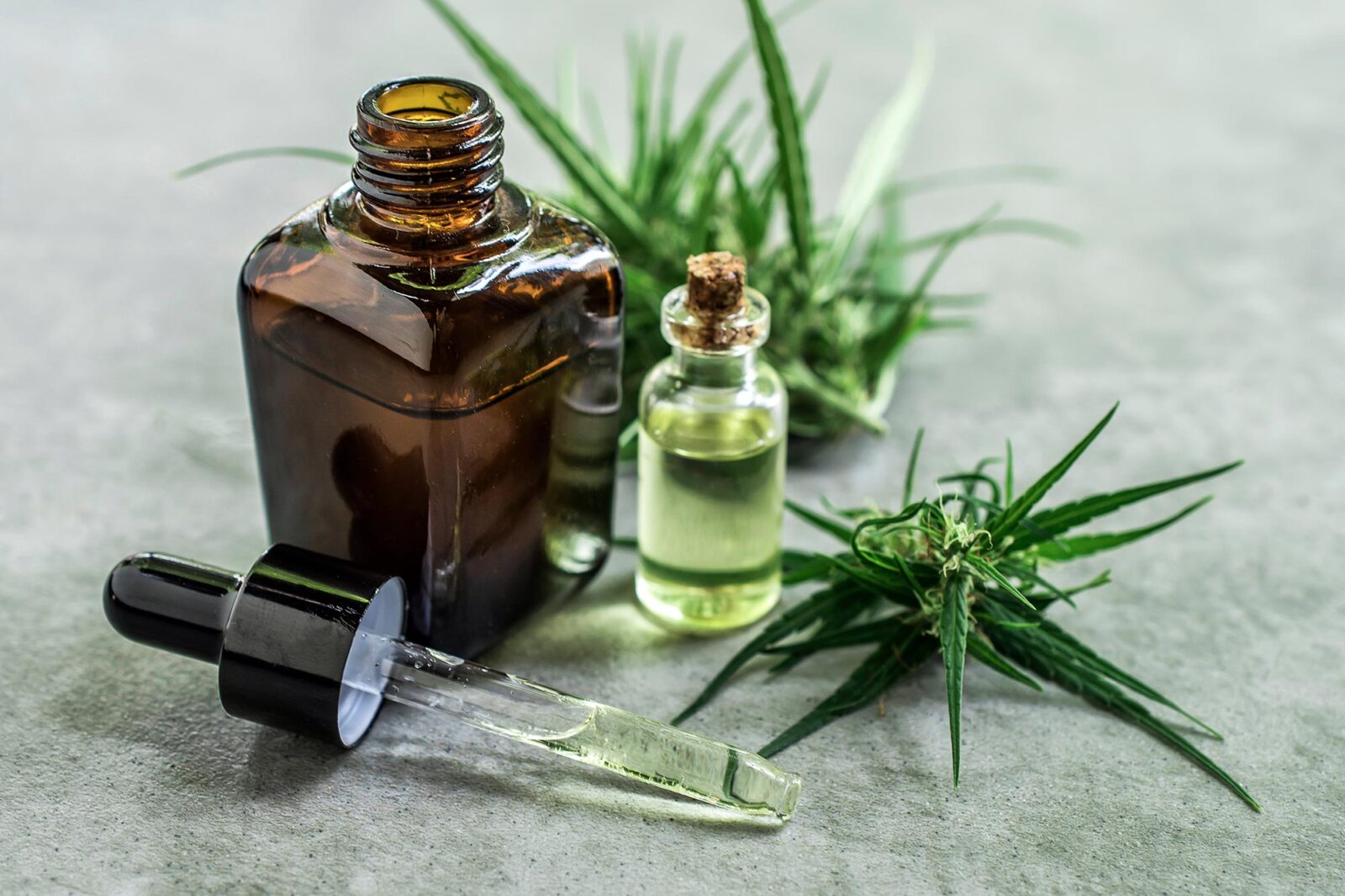
Natural Remedies for Firework Stress in Dogs
While the effectiveness of natural remedies may vary depending on the individual dog, several options might help alleviate firework stress:
• CBD Oil
Derived from hemp plants, CBD oil has shown promise in reducing stress in dogs. Consult your veterinarian to determine the appropriate CBD dosage for your dog.
• Calming Herbs
Certain herbs, such as chamomile and valerian, possess calming properties and can be used as supplements or herbal teas to help relax your dog.
• Anxiety Wraps
Anxiety wraps, such as Thundershirts, provide gentle pressure to help dogs feel more secure during stressful situations.
• Sound Therapy
Sound therapy involves playing soothing sounds or specially designed music to calm anxious dogs. Various playlists and apps tailored explicitly for dogs’ relaxation are available.
• Adaptil Diffuser
Adaptil is a synthetic dog pheromone that replicates the calming scent produced by mother dogs to comfort their puppies. Diffusers emit this scent, creating a calming effect for dogs.

Homeopathic Remedies
Homeopathic remedies are an alternative option to manage firework stress in dogs. Although their effectiveness may vary, some commonly used remedies include:
• Chamomile
Chamomile possesses calming properties and can be given to dogs as tea or as a supplement.
• Rescue Remedy
Rescue Remedy comprises a combination of flower essences renowned for their soothing properties. It can be administered directly or added to your dog’s water or food.
• Valerian
Valerian root, a natural sedative, can aid in calming dogs during fireworks events, promoting relaxation. It is available in various forms, including capsules and tinctures.
• Passionflower
Passionflower is an herb that can promote relaxation and reduce anxiety in dogs. It can be given as a supplement or in the form of tea.
Conclusion
Firework stress can pose a significant challenge for dogs and their owners alike. Understanding the signs of stress and implementing strategies to minimize anxiety can create a more comfortable environment for your canine companion during fireworks displays. Natural remedies, medications, and homeopathic options are available to assist in managing firework stress. Remember to consult a veterinarian to determine the best approach for addressing your dog’s needs.

